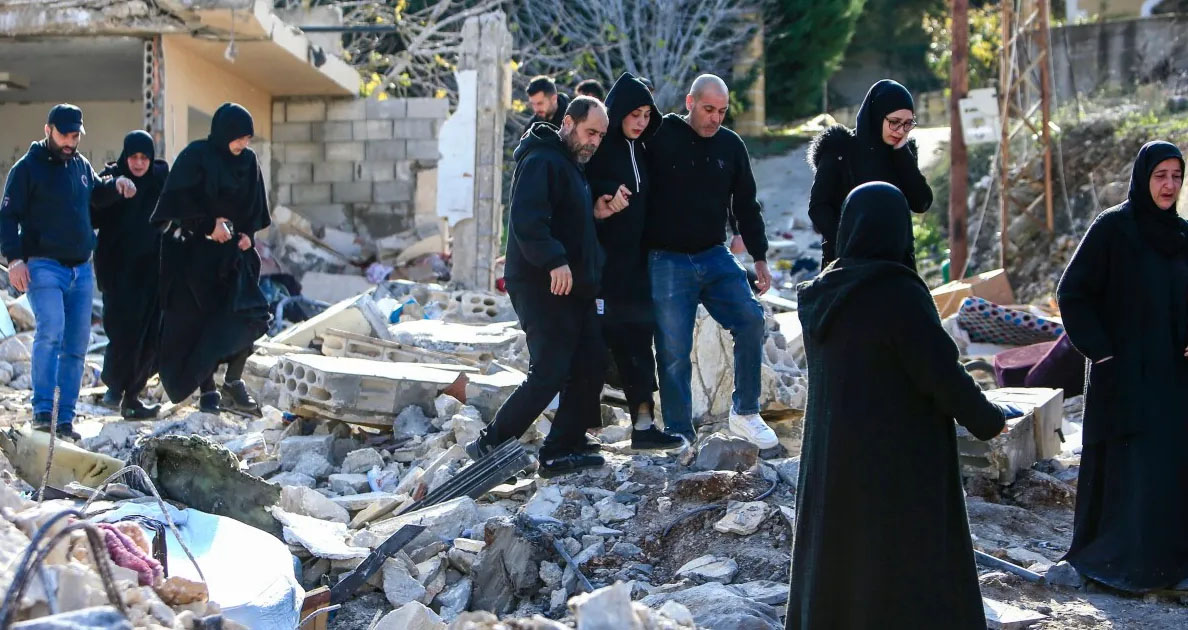
Photo Credit:Aljazeera
Amid the escalation of tensions, Israeli forces launched widespread airstrikes across Lebanon on Monday, marking the most extensive attack since October 7, 2023. The strikes, which targeted Hezbollah positions, resulted in a significant loss of life and raised fears of a potential all-out war between Israel and the Iran-backed militant group.
According to Lebanon's Health Ministry, the death toll has surpassed 180, with over 400 wounded. The strikes reached far beyond the southern border region, extending to areas near Syria and the eastern Bekaa Valley. Israel's military reported hitting more than 300 Hezbollah targets, including weapons storage depots.
The escalation follows a series of recent incidents, including the explosion of thousands of pagers and walkie-talkies in Lebanon last week, which killed 37 and injured over 2,700. Whilst Israel has not officially declared responsibility, a certain U.S. official anonymously confirmed Israel's involvement to NPR.
Hezbollah retaliated by firing "dozens of rockets" at Israeli military posts, according to a statement from the group. Israeli authorities acknowledged repeated air raid sirens in northern Israel, indicating incoming rocket fire from Lebanon.
The conflict has forced mass evacuations on both sides of the border. UNIFIL, which is the UN's Lebanese known peacekeeping force, has ordered its employees to move to the north of the Litani River. In Israel, President Isaac Herzog told CBS' Face the Nation that Hezbollah's attacks had displaced 100,000 Israelis from their homes.
Israeli officials justified the strikes as necessary for national security. Defense Minister Yoav Gallant stated, "The actions will continue until we achieve our goal to return the northern residents safely to their homes." However, Lebanon's Information Minister Ziad Makary denounced Israeli evacuation warnings as "psychological warfare" and "intimidation."
The international community has expressed concern over the escalating violence. U.S. Secretary of Defense Lloyd Austin, while supporting Israel's right to self-defense, emphasized "the importance of finding a path to a diplomatic solution," according to Pentagon Press Secretary Gen. Pat Ryder.
Both sides continue to exchange fire, with civilians caught in the crossfire. The coming days will be crucial in determining whether diplomatic efforts can prevail or if the region will plunge further into conflict.

















